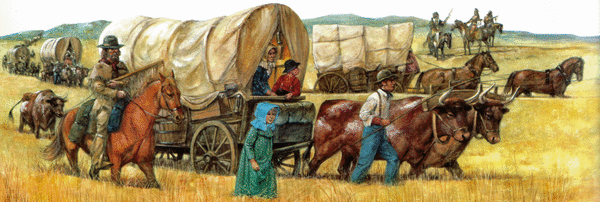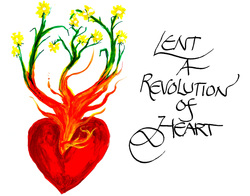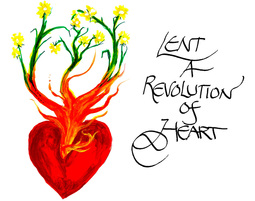A Wholesome Natural Creed
Dear old and new friends,
Americans of means are diligent to eat healthy foods, and grocery store shelves are loaded with all variety of food options displaying large labels that read Natural. Yet to date there are no regulations regarding what can be labeled as natural. So a fine reading of the labels on products is necessary to avoid unhealthy foods with lots of fat, added sweeteners and artificial coloring or additives.
Would it not be wise to also be seriously concerned about what is in the creed or creeds in which we believe? A remarkable reality is that your daily life reflects what you believe; yes, be you an atheist, agnostic or a believer! Among the variety of today’s creeds are: I believe the goal in life is to get rich…or to be successful…or that being prosperous is a sign of God’s blessings. The creed of the majority of Christian believers is the Apostles Creed which is typically recited robotically without asking if one honestly believes all that is being proclaimed. Catechism doctrines are useful teaching ways to explain countless centuries of accumulated beliefs, but they shouldn’t eclipse an original, natural creed.
A “natural creed” contains no dogmatic assertions, morality laws or stale old beliefs of former ages. What kind of creed doesn’t contain dogmatic beliefs? Albert Einstein, himself an agnostic, gives us a clue when he said, “The most beautiful emotion is the mysterious. To sense that behind everything we experience there is something that the mind cannot grasp, whose beauty and sublimity reaches us only indirectly; this is religiousness. Those who cannot wonder and stand in awe are as good as dead.” A natural creed is a primitive response to mystery, to that which is better than us and bigger than anything outside of us, that’s so good we don’t even have a name for it. Experiences of such awesome mysteries would include a star-studded night sky, feeling the mesmerizing power of ocean tides, being in love, and the uniqueness of a human face, even one’s own.
The religion of a “natural creed” is simply an indestructible living trust in a personal God. Its morality is a personal response to being loved by a gift-giving God applied to all situations. A natural creed’s prayer is not futile SOS attempts to contact God but living aware/awake and responding to the abiding Holy Presence in everything. Its credo is that the Kingdom of God is here, not in heaven. Eternal Life isn’t something to come in the future, it has already begun for us. Surely, such a wonderful natural belief is free of doubts and uncertainties. No, since doubt and faith are two sides of the same human experience.
This being the mid-point in this Springtime of the Spirit, consider setting aside a sufficient period of time to look honestly at how you live your daily life. Since it mirrors your creed of beliefs you can see what you really, truly believe.










 RSS Feed
RSS Feed